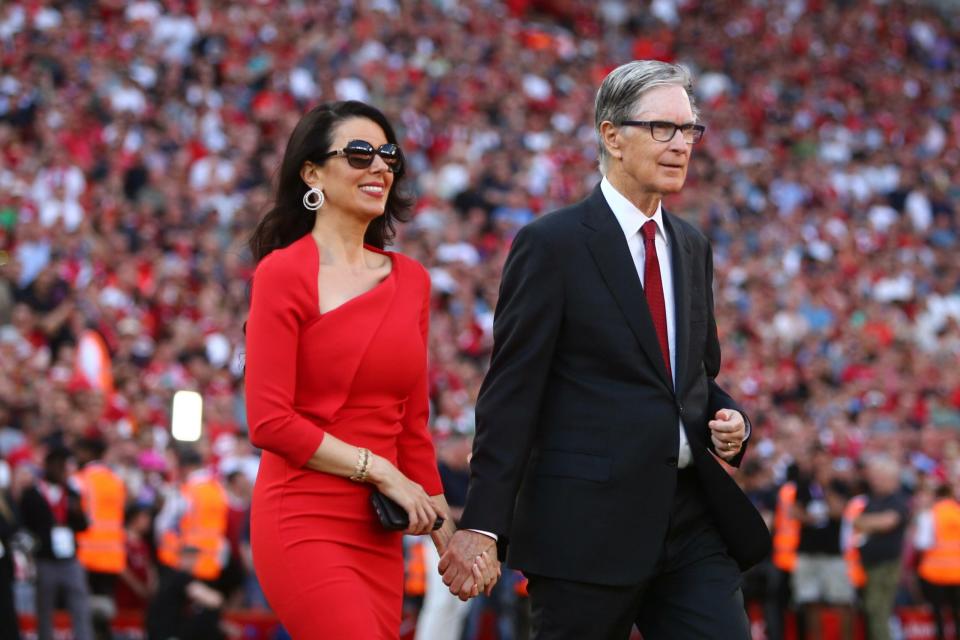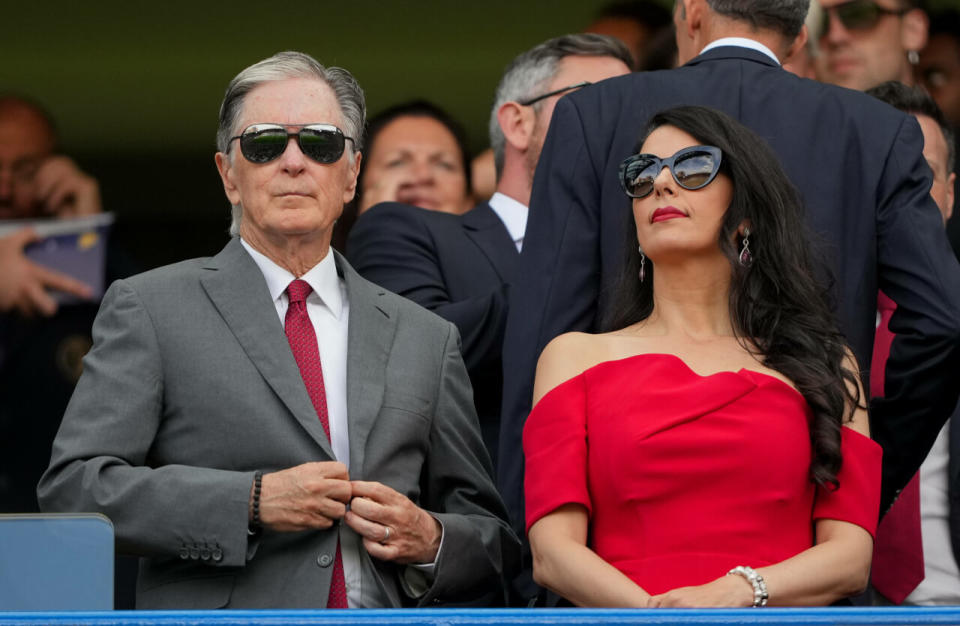FSG’s Multi-Club Model: Liverpool’s Results and Answers Will Take Time

Fenway Sports Group’s Ambitious Expansion: Bordeaux and Liverpool’s Future
Well we wondered when this was going to come up eh. Fenway Sports Group’s (FSG) recent interest in acquiring the French football club Bordeaux has sparked significant discussions within the football community. While the deal is still in its nascent stages, FSG’s strategic move raises crucial questions about the future of Bordeaux and the potential benefits for Liverpool, FSG’s crown jewel. Let’s hope they see it that way.
The Strategic Move Behind FSG’s Interest
FSG’s intention to acquire Bordeaux, a club with a rich history but recent financial struggles, aligns with its broader strategy of expanding its sports portfolio. With Liverpool as its only football asset, FSG’s move to purchase another club indicates a shift towards a multi-club model, mirroring strategies employed by other major Premier League ownership groups such as Manchester City’s City Football Group.

According to FSG President Mike Gordon, “To remain competitive, we must identify every avenue available to us to gain an edge.” This statement underscores the importance of expanding their football operations to enhance overall competitiveness.
Bordeaux’s Attractiveness and Challenges
Bordeaux, despite its recent financial troubles and relegation issues, remains one of the most decorated clubs in French football. Having won six league titles and reaching the Champions League quarter-finals in 2010, the club holds significant potential for revival. However, the challenges are steep. Bordeaux’s recent relegation to Ligue 2 and financial instability highlight the monumental task FSG faces.
According to the New York Times, “Bordeaux could not provide all the necessary guarantees for funding their 2024-25 season,” which led to their provisional relegation. The club’s current state requires substantial investment and strategic management to return to its former glory. Truth be told though, you don’t think they’ll be desperate to restore it to that level competing against the likes of PSG. This is an investment.
Implications for Liverpool
The acquisition of Bordeaux presents a complex scenario for Liverpool. Although FSG officials have stated that this move will not detract from their focus on Liverpool, the benefits and integration of a multi-club model could take time to materialise. As Michael Edwards, FSG’s CEO of football, notes, “We see it as a path that will help strengthen our club for the future.”
However, direct benefits for Liverpool, such as player recruitment and development, won’t be immediately visible. Bordeaux’s current position in Ligue 2 and the significant leap required to reach Premier League standards mean that any potential players emerging from Bordeaux’s system would need considerable time and development. The leap is massive.
Moreover, the integration of scouting and player development between the two clubs could be beneficial but is not without its complications. The experience of Manchester City with their associated club Girona highlights the difficulties in seamlessly integrating operations and player movements. Additionally, Sir Jim Ratcliffe’s comments about the challenges faced when trying to sign Jean-Clair Todibo for Manchester United, due to his ownership in both clubs, further emphasise the regulatory and operational hurdles in a multi-club model. FSG aren’t going to volunteer any issues for them down the line.
Long-Term Vision and Potential Backlash
FSG’s long-term vision of owning multiple clubs aligns with global football trends, offering strategic advantages in scouting, player development, and commercial synergies. However, the success of this strategy will depend on careful management and clear operational separations. Any perceived or real conflicts of interest could lead to backlash from fans and regulatory bodies. The reaction of fans from other French clubs, as noted in the New York Times, already hints at the challenges ahead.
Then imagine down the line if LFC fans don’t see the huge benefit. Whilst the acquisition of Bordeaux by FSG could eventually benefit Liverpool by providing a broader talent pool and enhanced scouting networks, the immediate impact may not be significant. The complexities of managing multiple clubs and the need for substantial investment in Bordeaux mean that tangible benefits for Liverpool will likely take time to materialise. This is a long term one.

 Yahoo Sports
Yahoo Sports 
